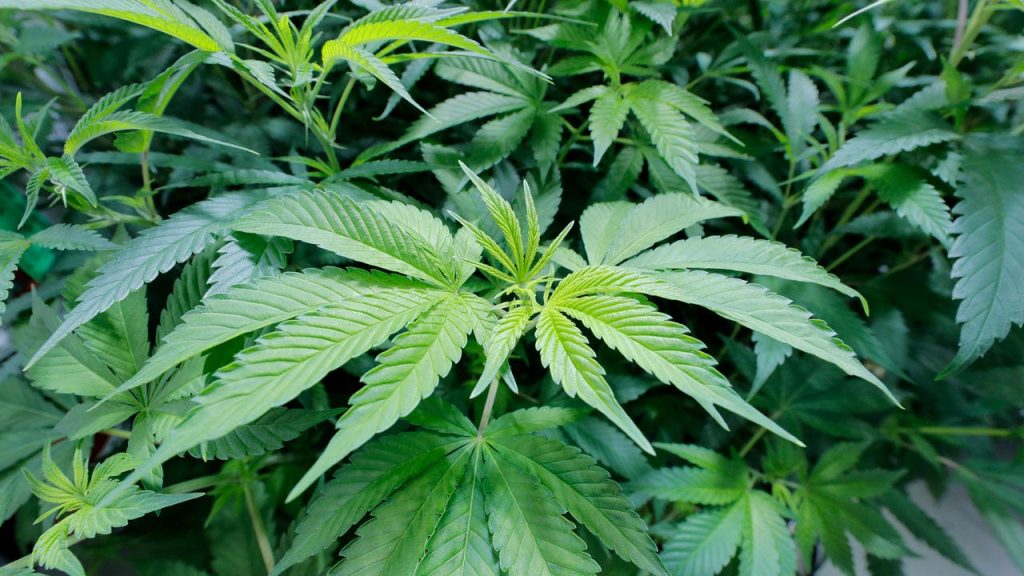Marijuana is the most commonly used federally illegal drug in the U.S., with an estimated 48.2 million users nationwide in 2019. As states continue to legalize recreational and medical cannabis use, pro-legalization activists argue that marijuana is a relatively harmless alternative to tobacco and other drugs while also providing therapeutic benefits for the chronically ill. However, medical professionals and public health officials caution against the long-term effects of marijuana on the body and mind, emphasizing that legal does not necessarily mean safe.
Smoking marijuana poses significant risks to the lungs and cardiovascular system, with some studies suggesting that it is as harmful as smoking tobacco cigarettes. Daily marijuana users may experience a 25% increased risk of heart attack and a 42% increased risk of stroke. Additionally, the effects of marijuana on brain development and mental health are a concern, as the THC content in marijuana products is directly linked to its impact on the brain. High levels of THC have been associated with addiction, psychiatric illness, psychosis, schizophrenia, and an increased risk of suicide.
While it is unclear whether smoking marijuana can lead to lung cancer, research indicates that marijuana smoke contains similar toxins, irritants, and carcinogens as cigarette smoke. Other pulmonary risks associated with marijuana use include lung tissue damage, scarring to small blood vessels, increased vulnerability to bronchitis, high levels of mucus production, and an elevated risk of developing asthma in young people. More research is needed to determine whether there is a definitive link between marijuana use and respiratory cancers.
The safety of other marijuana products, such as edibles, oils, and concentrates used for vaping and dabbing, is also a topic of debate among experts. These products often contain highly concentrated forms of THC and may be contaminated with additives or other substances, increasing the risk of developing cannabis use disorder. The effects of using these concentrated forms of THC are not well understood, making it difficult to determine whether one method of consumption is safer than another. Further research is needed in this area to fully understand the potential risks associated with different marijuana products.
In conclusion, while marijuana legalization is a controversial and evolving issue, it is essential to consider the potential risks and consequences of marijuana use on both physical and mental health. Smoking marijuana, in particular, can have detrimental effects on the lungs and cardiovascular system, while high levels of THC in marijuana products may lead to addiction and psychiatric illnesses. More research is needed to determine the long-term impacts of marijuana use on respiratory health and to assess the safety of different consumption methods. Whether marijuana is used for recreational or medicinal purposes, individuals should be aware of the potential risks and make informed decisions about their use of marijuana products.


